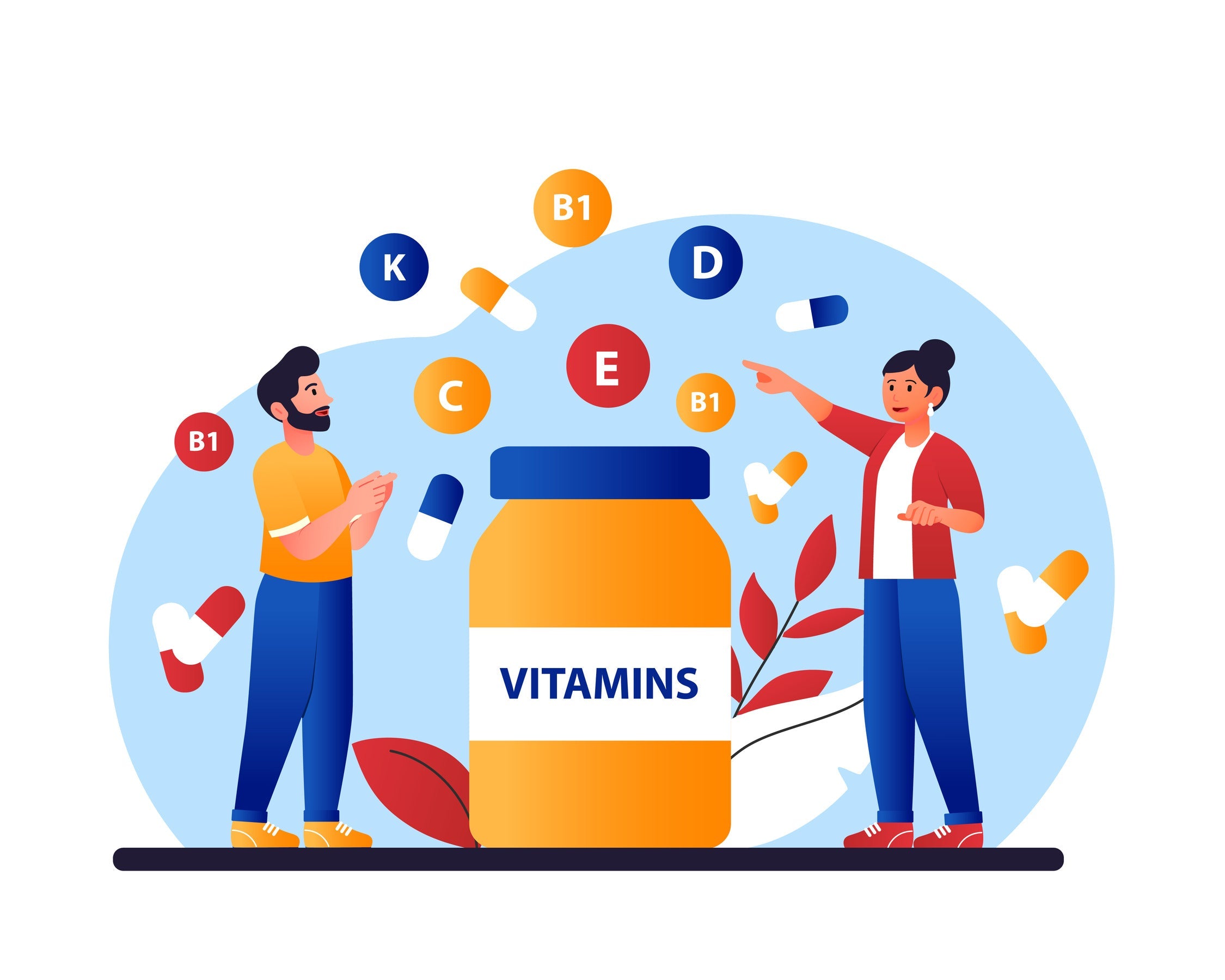
Is a Vitamin D deficiency causing you depression?
Contents from this article were shared in an article published in India TV Digital on 9.8.2023 featuring Mugdha. This article was written to serve as input for the same following a query from India TV Digital.
Sunlight exposure triggers vitamin D production in the body
Vitamin D receptors are present throughout the body, including the brain- and influence mood regulators. Factors like at-home jobs, disabilities, geographical location, and climate can affect sunlight exposure and, consequently, vitamin D levels- potentially impacting mental health.
Vitamin D deficiency has been closely associated with depression in various studies. Research has found that individuals with depression often have low levels of circulating vitamin D in their blood.
Some small, high-quality studies have shown notable improvements in depressive symptoms after vitamin D supplementation. However, other studies have yielded conflicting results too.
It’s important to understand that depression is a multifaceted condition, and while vitamin D deficiency is a contributing factor, it is not the sole cause. The cytokine model of depression, which demonstrates inflammation as the cause of depression has the highest scientific backing today. This explains why vitamin D, while critical to overall health, doesn’t show a strong direct correlation in the literature.
Studies have indicated that low vitamin D levels during pregnancy may be connected to postpartum depression, affecting new mothers in the weeks and months after childbirth.
Vitamin D deficiency has also been linked to depression in people with gout, chronic spinal cord injuries, stroke, and multiple sclerosis, suggesting its potential role in various mental health conditions.
Lastly, it’s important to also note that the mood-boosting and antidepressant effects of sunlight have far more to it than just vitamin D production. Full-spectrum sunlight affects hormones and neurotransmitters, positively impacting mood and lowering depression. It boosts serotonin and cortisol levels, among other benefits.



Leave a comment
This site is protected by hCaptcha and the hCaptcha Privacy Policy and Terms of Service apply.